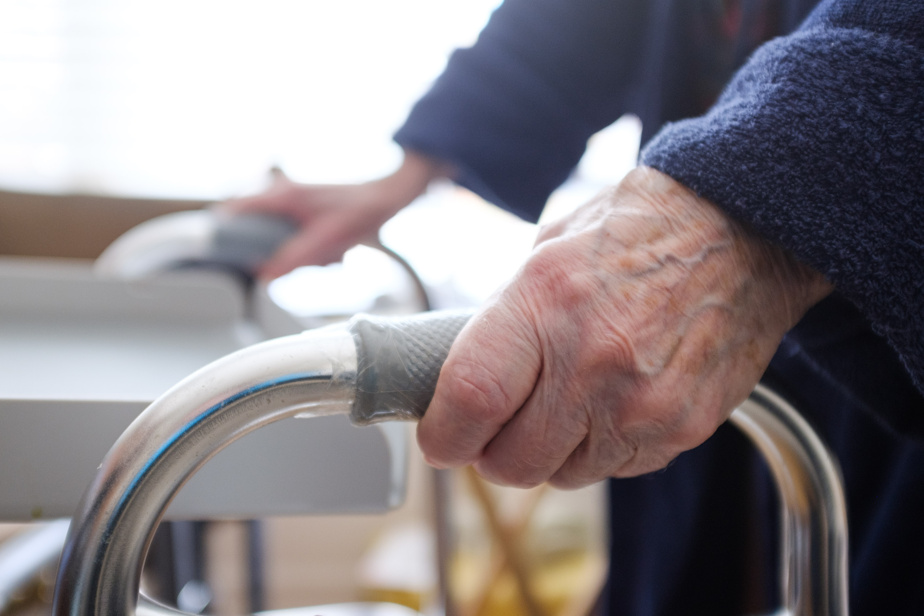
The Quebec Association of Retirees of the Public and Parapublic Sectors (AQRP) revealed Wednesday that more than 2,500 tenants have been evicted from private seniors' residences in a year. Montreal and Quebec were the two cities most affected by these layoffs.
The AQRP National Survey was conducted from 1er From October 2022 to 1er September 2023, across Quebec. During this period, 88 Private Residences for Seniors (RPA) were closed, AQRP indicates in a press release.
A quarter of the affected residents, or a total of 607 renters, are in the Montreal area. The CIUSSS de l'Est-de-l'Île-de-Montreal recorded 148 evictions, the West-Island-of-Montreal, 347, and the North-Island-de-Montreal, with 160 affected tenants, according to the statement. AQRP.
Two other CIUSSS in the metropolis did not respond to the AQRP survey.
In the Capitale-National area, about 607 tenants were also removed from their RPA.
“It is unacceptable that our seniors, who are vulnerable and sometimes struggling with health issues, find themselves without housing,” AQRP's regional president, Paul-René Roy, condemned in a press release. “The minister responsible for housing must include a clause in his Bill 31 prohibiting evictions of the elderly in private residences,” he opined.
Layoffs for many reasons
A number of reasons can lead to the closure of an RPA or the eviction of its tenants. Employers' financial difficulties are one of the most frequent, AQRP reports a A practical guide published last June.
“RPA employers feel strangled by their responsibilities. The pandemic has exhausted employees,” we read in this guide. Despite the government support program, the need to provide more care and install sprinklers increases the burden.
Another reason is that seniors are living in the same household longer, which means their rent prices are lower, AQRP suggests. “This encourages landlords to target these clients to use fraudulent or legitimate eviction tactics to increase the cost of rent between two tenants for profit purposes,” the association opined.
In the last five years, 473 RPAs have been closed in the province, the same document lists the AQRP. The vast majority, 90% own less than 30 units. They are also found in small communities.
He asked to take action
AQRP is calling for several measures to prevent closure of RPAs and eviction of tenants. In her practical guide, she recommends a moratorium on evictions and conversion of RPAs to community housing.
The AQRP also condemned Bill 31 of Housing Minister, Frans-Alain Durensau, which plans to increase the financial compensation provided in the event of evictions from 3 months to 24 months, without preventing evictions.
“This legislative proposal will have harmful consequences on the well-being of the residents of the RPA, forcing them to move and exposing them to psychological consequences such as the loss of taste for living and the feeling of being uprooted,” emphasized Paul-René Roy. In a press release.
According to the association, Bill 31 should have a specific provision for RPA. According to this provision, “If RPA owners wish to convert these dwellings into standard rental houses, they must do so in good faith. “The provision stipulates that this exchange falls within the framework of Quebec's affordable housing program to increase the supply of affordable housing,” the AQRP proposes.
“The aim of this proposal is to allow the elderly to remain in their own home, to age at home, without fear of eviction,” Mr Roy said.





